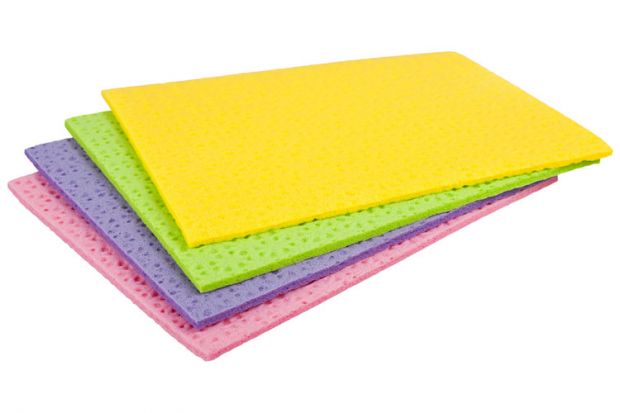Academics have criticised the “needlessly vindictive and wholly disproportionate” prosecution of a student protester who wrote a slogan in chalk on the University of London’s foundation stone.
In an open letter to the university, academics from the university’s various colleges questioned the decision to prosecute Konstancja Duff, 25, who was convicted last month of criminal damage for scrawling “sick pay, holidays, pensions now” and “support the cleaners struggle” on the UoL foundation stone.
Ms Duff was given a three-month conditional discharge and ordered to pay £810 to cover the costs of repairs to the stone and £200 in prosecution costs for her actions on 16 July, which were part of the 3Cosas campaign to support outsourced university cleaners.
However, she was acquitted of assaulting a police officer and a special constable as she was arrested on 16 July after video footage contradicted the testimony of the two officers.
The presiding judge said one of the officers had “exaggerated her evidence”, while testimony from another could not be accepted because he was standing behind a van door which completely obstructed his view, according to a report in the London Student .
In the letter, signed by 49 academics, mainly from London colleges, the university is criticised for its heavy-handed treatment of Ms Duff and the costly removal of the offending chalk.
It advises university staff that the chalk might have been removed by using a wet sponge and encloses a packet of cleaning cloths with instructions on their use.
“Next time someone writes something in chalk on your building, simply fold the cloth two or three times, wet it thoroughly under warm, clean water, and wring it out,” the letter says.
“Applied in gentle circular motions to the affected area, you’ll find it wonderfully efficient in removing unwanted chalk marks, leaving the material beneath clean and fresh.”
It adds that “stone is a terrifically durable material which can last for anything up to millions of years and is very, very rarely harmed by fleeting contact with chalk”.
In a statement, the University of London defended the £810 spent on the chalk’s removal, saying “the graffiti on the foundation stone required high-pressure hydrocleaning”.
This “resulted in the removal of the gold lettering, which needed to be replaced”, a spokesman added.
He added that “the university did not press charges against the individual, who was prosecuted and found guilty by Highbury Magistrates’ Court of criminal damage”.
However, according to the London Student, which reported on Ms Duff’s trial, a police sergeant told the court that UoL’s deputy director of property, Paul Nicholson-Lewis, was “very keen to press charges”.
The academics’ letter condemns the prosecution of Ms Duff as a “needlessly vindictive and wholly disproportionate attempt to suppress campus protest and intimidate any who might consider engaging in it”.
Her prosecution was “labour-intensive, unnecessarily circuitous, and not at all in keeping with anyone’s ideal of how a world-famous institution of higher education ought to act”, it adds.
The University of London Union, which is due to close this summer, has pledged to contribute towards the cost of repairs and prosecution incurred by Ms Duff.
Register to continue
Why register?
- Registration is free and only takes a moment
- Once registered, you can read 3 articles a month
- Sign up for our newsletter
Subscribe
Or subscribe for unlimited access to:
- Unlimited access to news, views, insights & reviews
- Digital editions
- Digital access to THE’s university and college rankings analysis
Already registered or a current subscriber? Login




